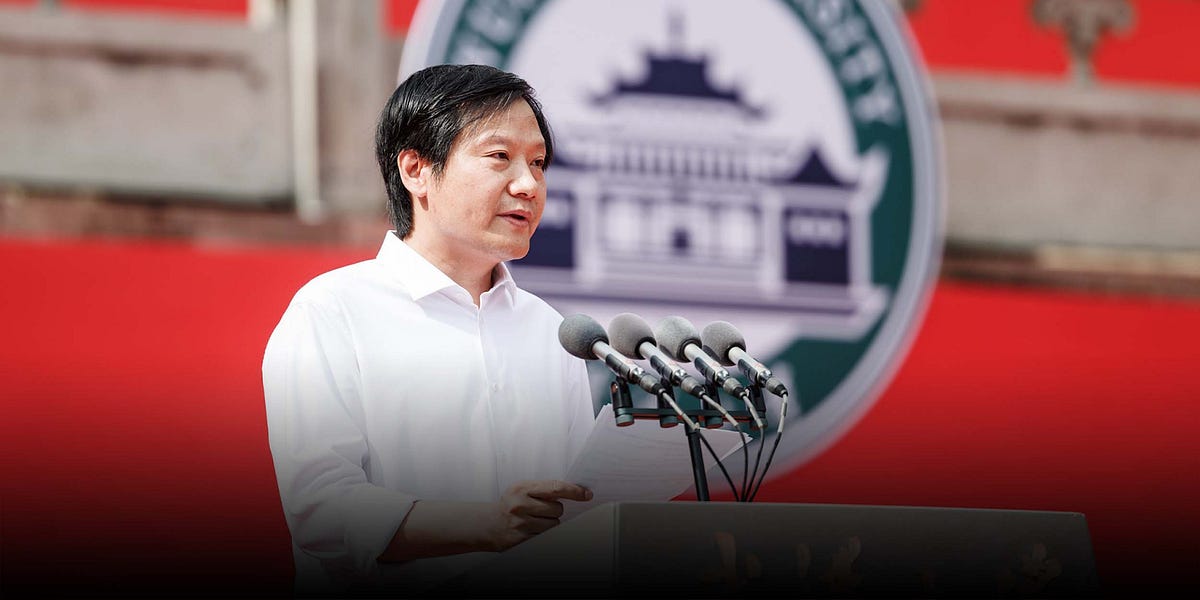Quickcomm expansion stretches margins, deepens gig reliance - Times of India

BENGALURU: India’s quick commerce market is set to triple in size by 2027, reaching Rs 1.5-1.7 lakh crore, but the segment’s breakneck growth is exposing structural cracks in pricing, workforce stability, and profitability, according to a new report by consulting firm Kearney.The report, published Thursday, found that while quick commerce has expanded beyond impulse buys to staples like rice, atta, and edible oil, most of the demand is not new. About 92-93% of sales come at the expense of modern trade, e-commerce, and kirana outlets. Only 6-8% is truly incremental.Meanwhile, platform discounts average 6-9%, lower than ecommerce and modern trade players, which offer 13-18% off. Once delivery and handling fees are factored in, quick commerce becomes price-competitive only when compared to kiranas.Despite its popularity in top metros and tier-2 cities, adoption remains uneven across product categories. While snacks, cold beverages, and gifting items have seen strong traction, categories like fruits, vegetables, electronics, and personal care continue to see low migration, with consumers preferring in-store purchases or wider selections available on other channels.Quick commerce’s most significant impact is in employment generation, but with trade-offs.
It creates about 62-64 jobs per Rs 1 crore of monthly gross merchandise value, on par with general trade and higher than ecommerce (25-29) or modern trade (41-42). However, over 70% of these roles are last-mile delivery jobs, typically filled by gig workers with limited job security or benefits. Kearney expects a 60% surge in gig hiring in 2025 as platforms expand.Brands are increasing their spend on the channel, with investment levels in food categories now on par with ecommerce.
But non-food segments remain split, with quick commerce trailing traditional channels in personal care and household products.The report further suggested that while the model is scaling fast, it faces long-term pressure from its cost structure, reliance on gig labour, and the limited pricing power it holds over consumers already conditioned to deep discounts on other platforms.












